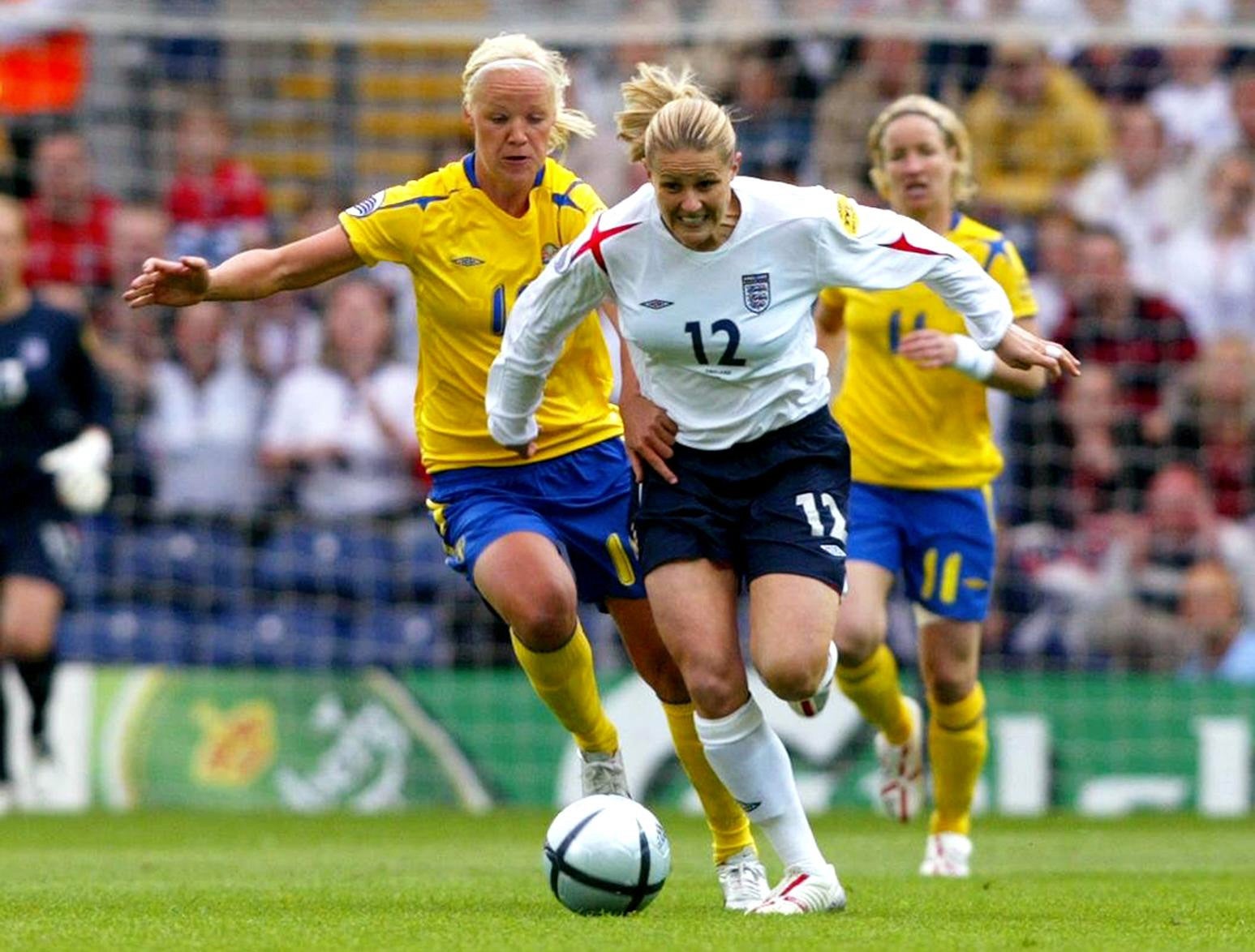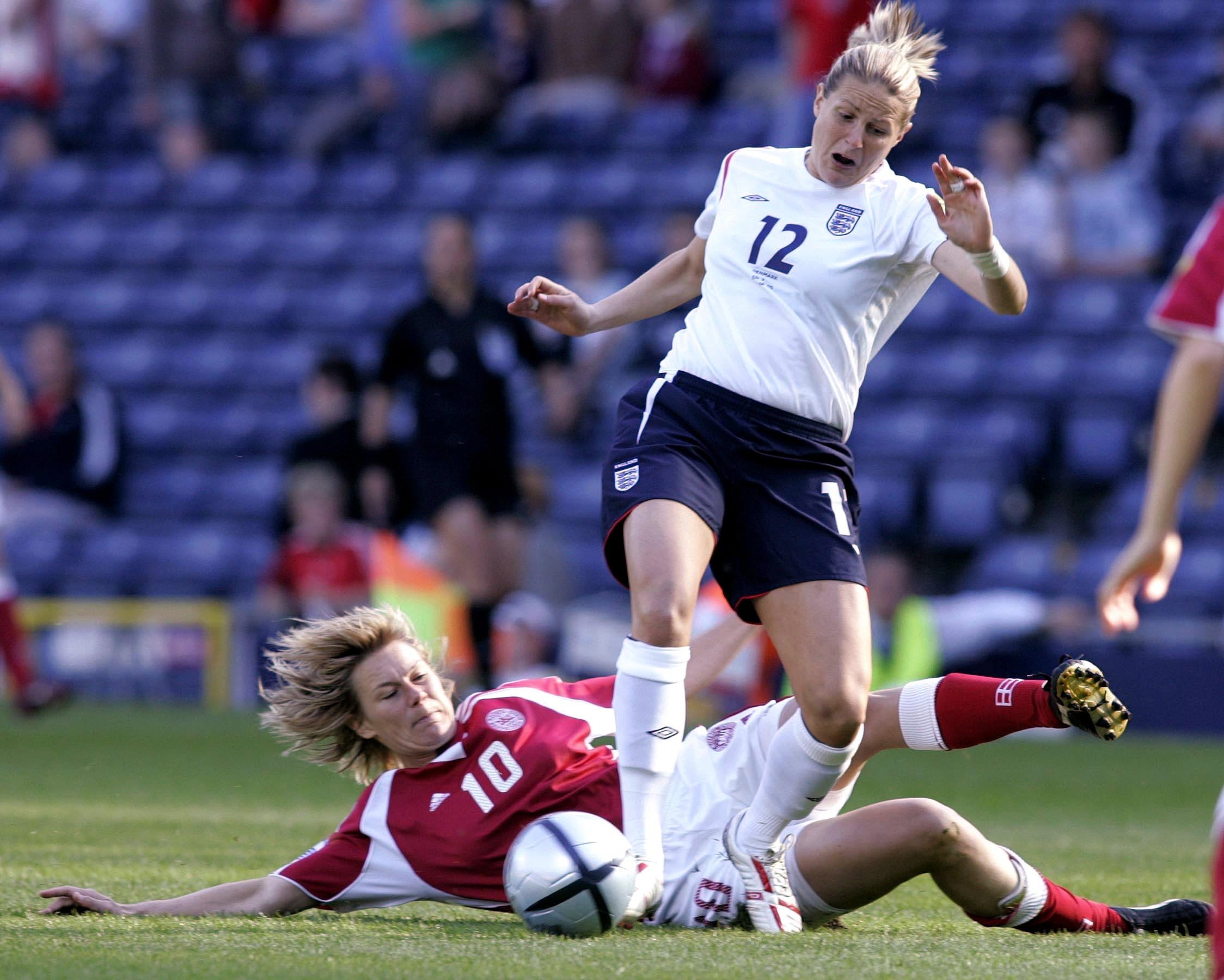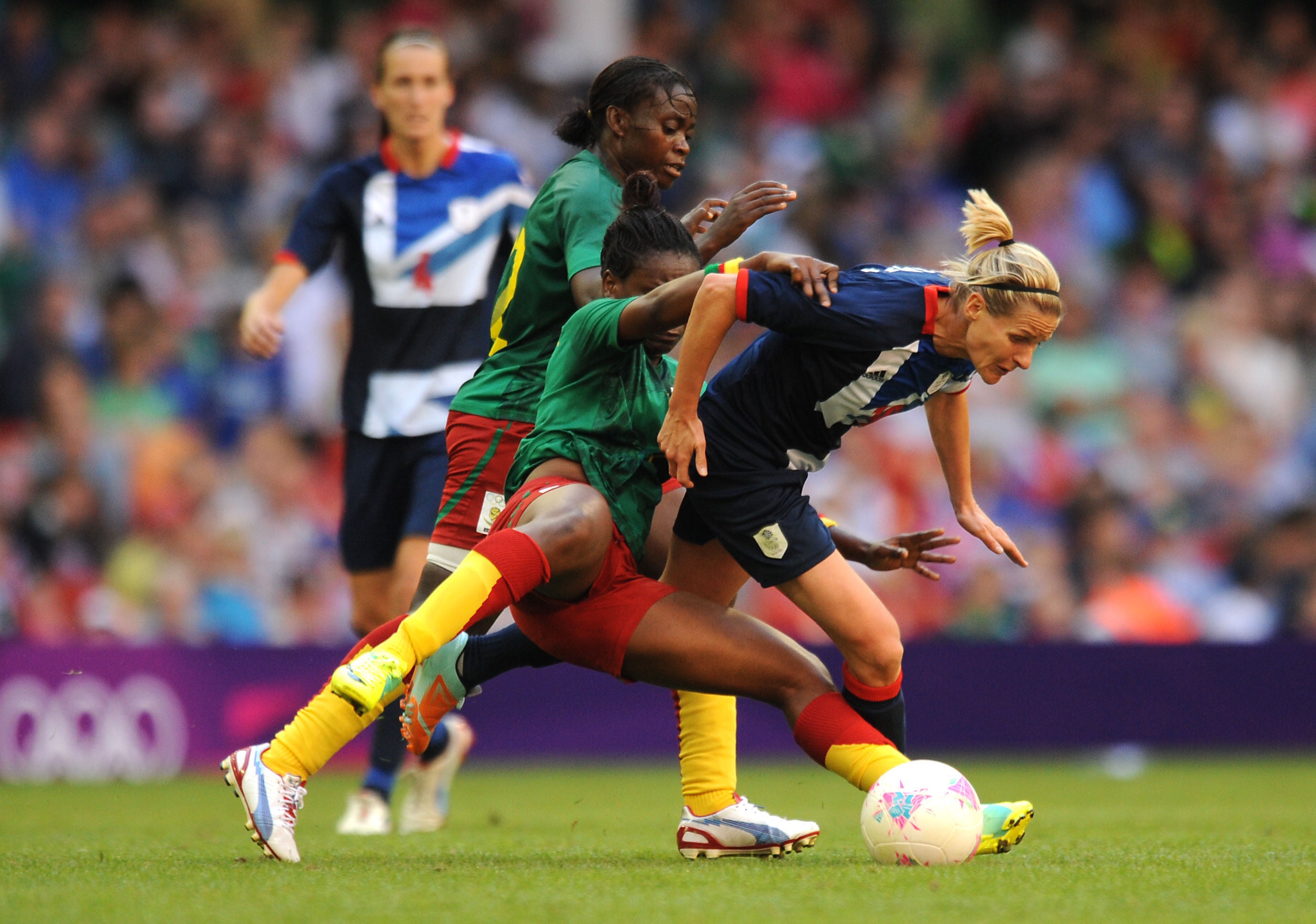Kelly Smith reveals she had no support during injury-ravaged spell in US
Smith won 117 caps for the Lionesses between 1995 and 2014

Your support helps us to tell the story
From reproductive rights to climate change to Big Tech, The Independent is on the ground when the story is developing. Whether it's investigating the financials of Elon Musk's pro-Trump PAC or producing our latest documentary, 'The A Word', which shines a light on the American women fighting for reproductive rights, we know how important it is to parse out the facts from the messaging.
At such a critical moment in US history, we need reporters on the ground. Your donation allows us to keep sending journalists to speak to both sides of the story.
The Independent is trusted by Americans across the entire political spectrum. And unlike many other quality news outlets, we choose not to lock Americans out of our reporting and analysis with paywalls. We believe quality journalism should be available to everyone, paid for by those who can afford it.
Your support makes all the difference.Former England international Kelly Smith has revealed she was drinking every day and had no support from her club as she struggled with injuries.
Smith is widely regarded as one of England’s best footballers and has a record 46 international goals to her name and 117 caps for the Lionesses between 1995 and 2014.
She came through at Arsenal back in 1996 – the first of her three spells at the Gunners – but it was during her stint as one of the first English players to move across the Atlantic to the more competitive league in the United States that Smith encountered difficulties.
While at the Philadelphia Charge in the professional Women’s United Soccer Association Smith suffered three serious injuries which saw her sidelined for the best part of three years.
“I struggled with my own mental health when I was out in the States,” Smith told the PA news agency.
“Not being able to cope with injuries, there was no support network around the club or the game and you were just left – I was just left to struggle with doing it by myself.”

“I didn’t really have any support network out there and I felt really vulnerable and very afraid so just speaking about my experiences there, there was nothing for me.
“Obviously if I would have had some kind of support network or someone to talk to on the team maybe I wouldn’t have gone down that path.”
Smith first had a knee injury before sustaining cartilage damage on her first match back in the same knee after six months of rehabilitation and faced another nine months out.
She recovered in her third year in the States but suffered another serious injury, this time a broken leg and a further seven months out.

“I was quite a shy reserved character back then and I didn’t really know who I was so I used football as my identity and when I couldn’t play football, I didn’t know who I was,” she explained.
“I expressed myself on the pitch and then I couldn’t do that and I just felt so isolated, so alone, really in a dark place and used alcohol to numb myself and forget about what I was going through.”
“Until I woke up the next day and then I went through the same process again so it was a really challenging time for me.”
She added: “It was just traumatic to go through that as an individual and just feel so alone and know that you’ve got a long recovery period ahead of you.
“It was really a frightening time because I knew what I was doing the first year with the injury obviously drinking every day and not being able to cope and I just knew that the second injury was going to be worse because it’s harder to take.
“You’ve worked so hard to get yourself back in the position of playing and then you’re just hammered back into the ground again.”

Smith was in the United States between 1999 and 2004, where she played one season for the New Jersey Lady Stallions before three years at Philadelphia and a final season at the New Jersey Wildcats before a return to Arsenal in 2005.
At Charge, she made 26 appearances scoring nine goals despite being there for three seasons, and admitted she had to be rescued and taken back to England.
“My dad came up and actually rescued me, sold my car, brought my dog back and packed up all my stuff and then Hope Powell the England manager at the time knew that I was struggling and we met on a couple of occasions and she kindly funded my treatment program through the FA.
“So I had support when I was back in England but just struggling out in the USA, I just had nowhere to turn.”
Smith was speaking from the Mad World Summit which champions mental health brings workplace mental health and wellbeing to the forefront.